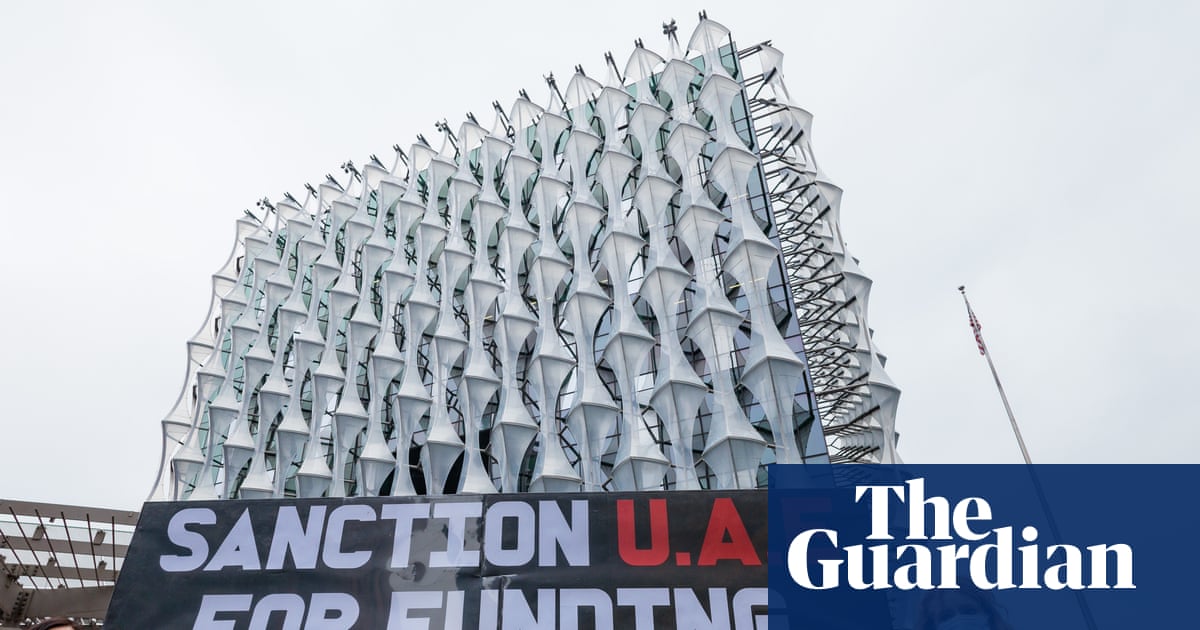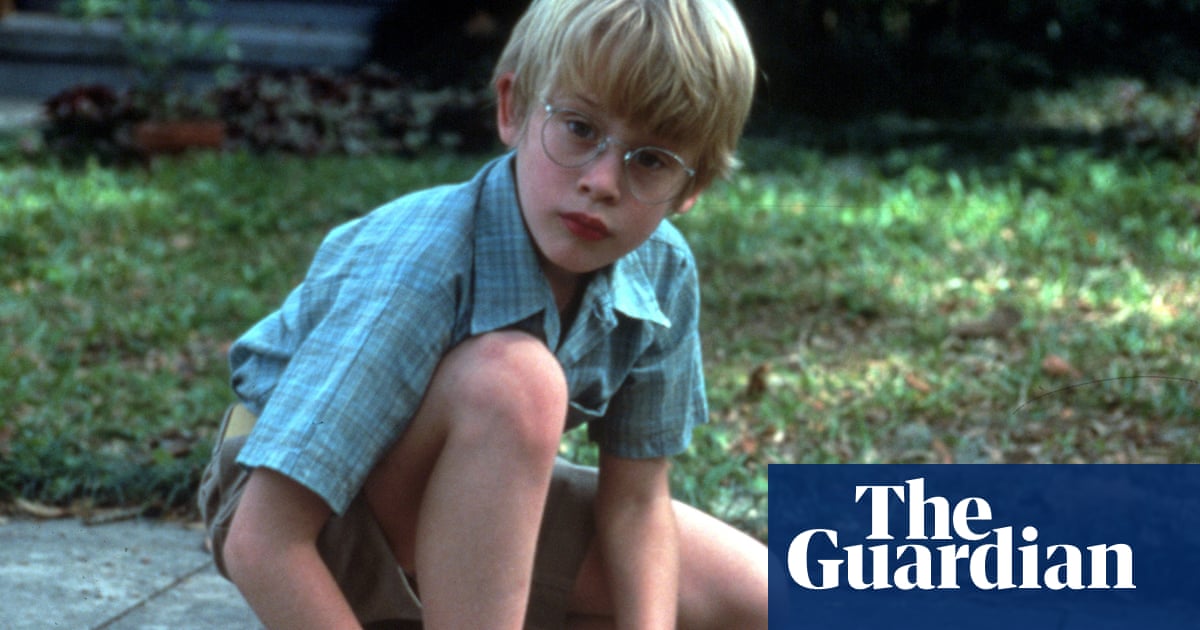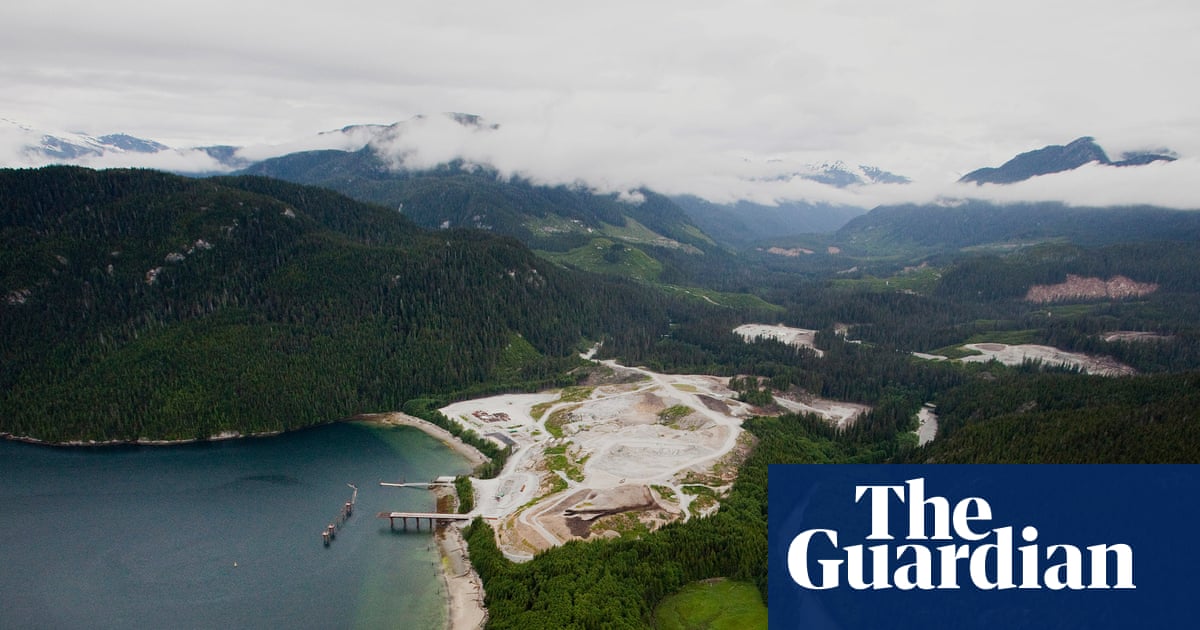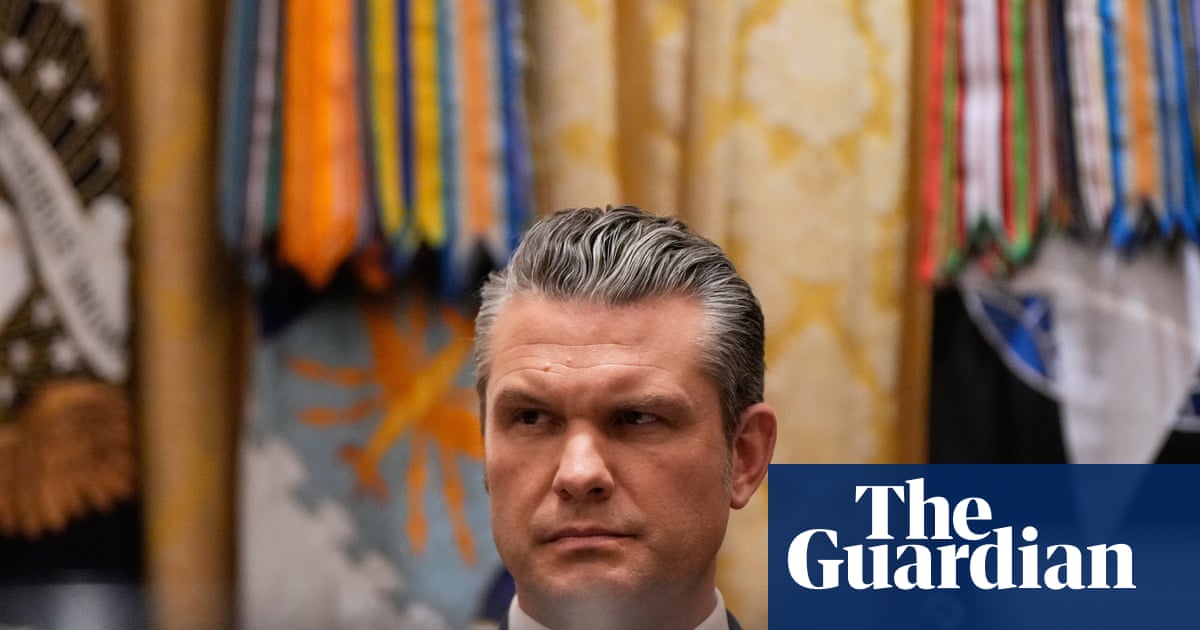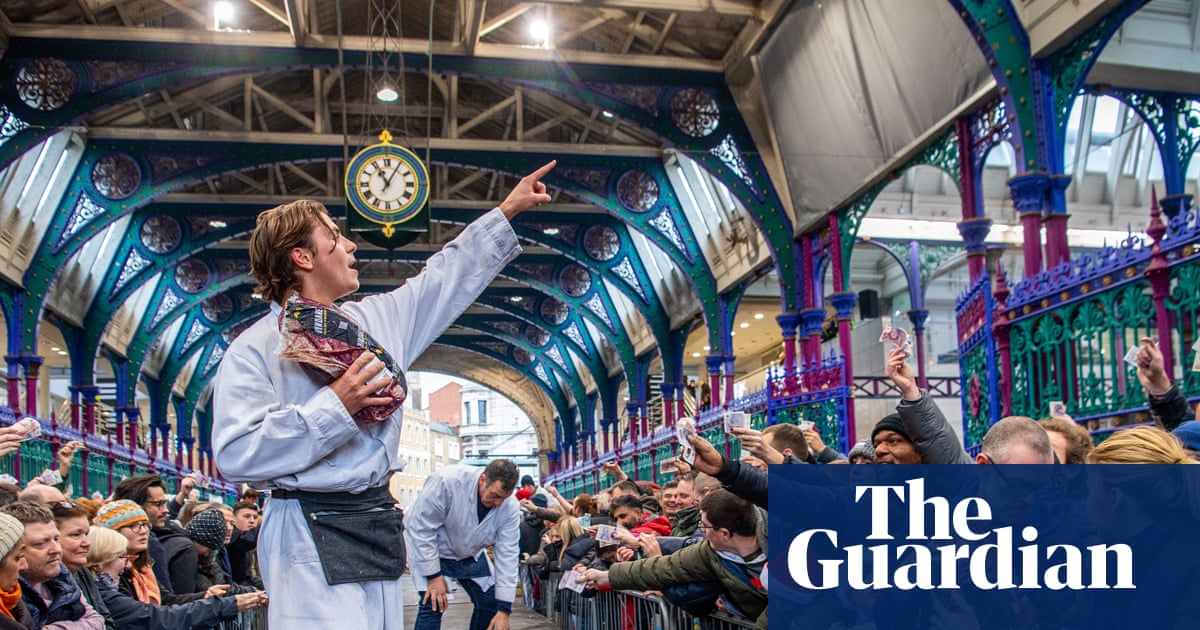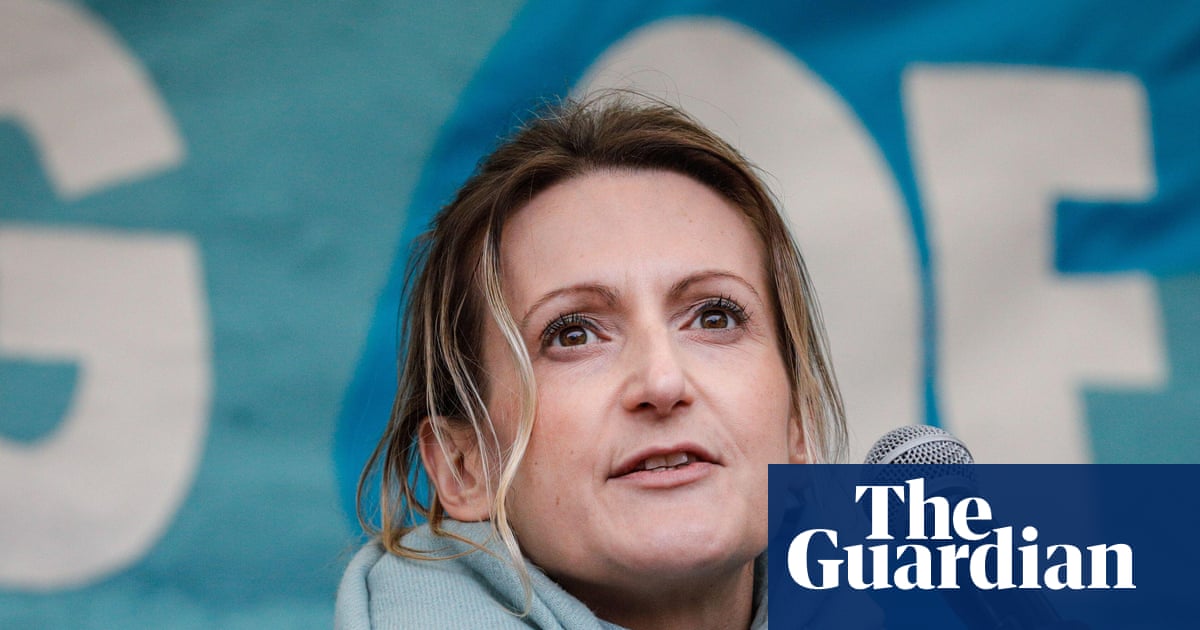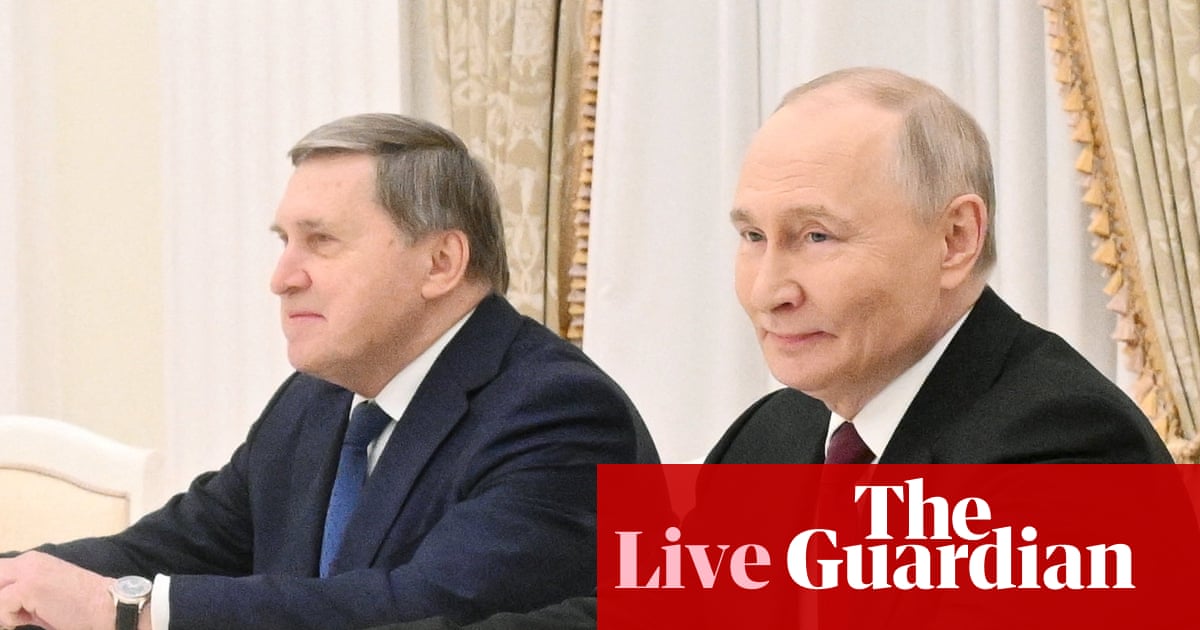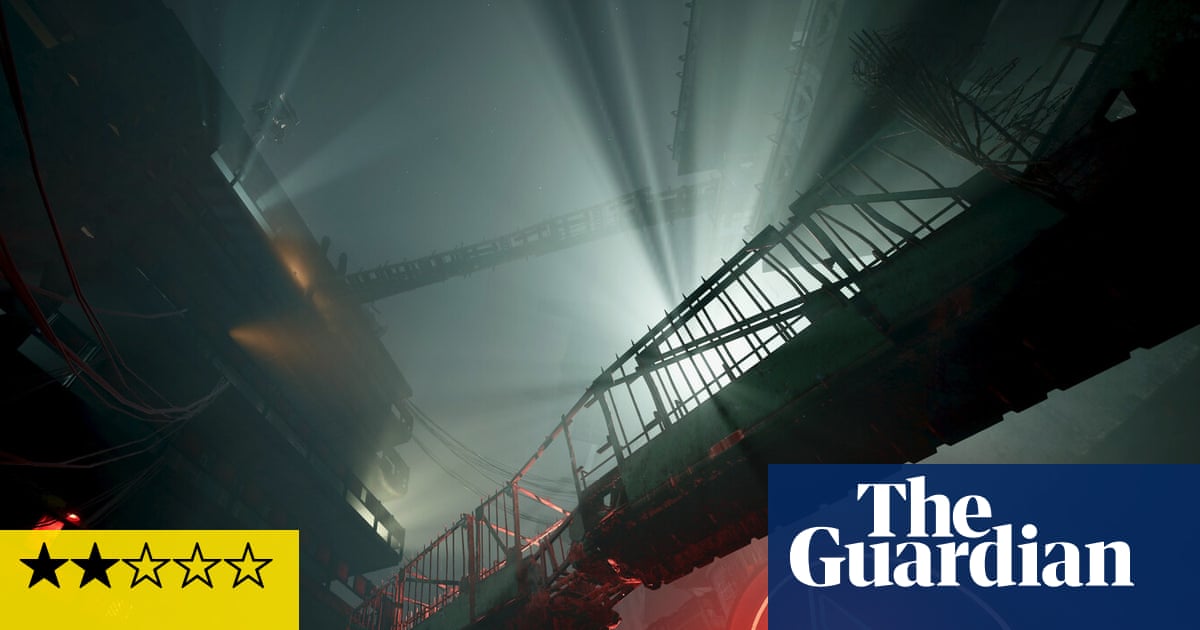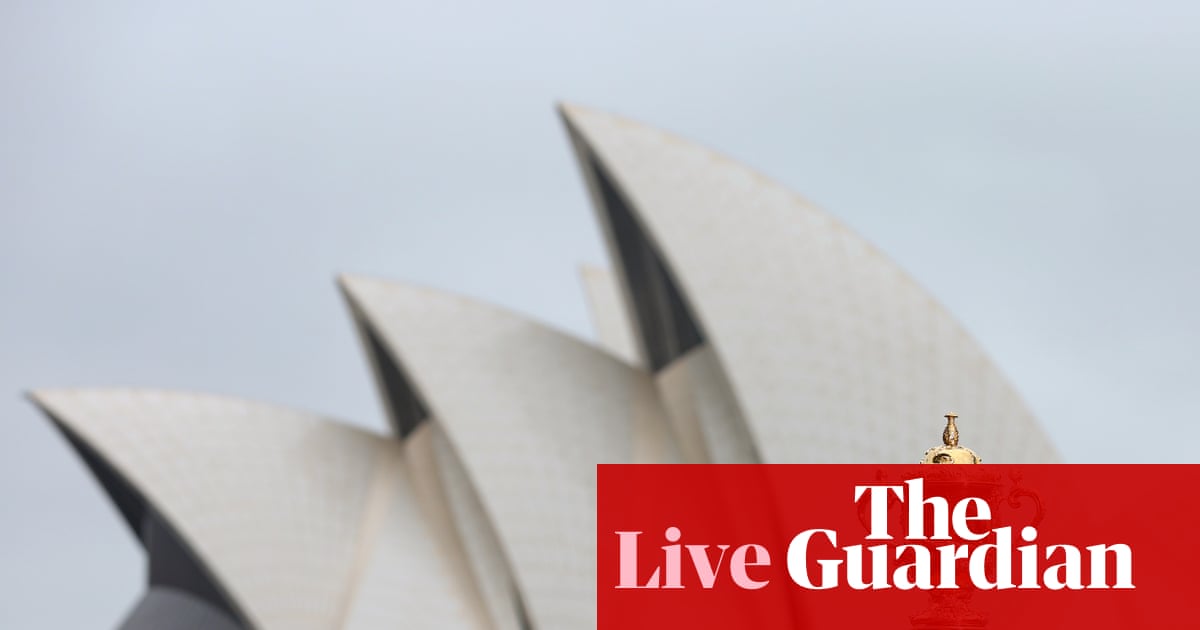Among the thousands of refugees who have fled Mali since a jihadist uprising began more than a decade ago, one group is bound together by a grim commonality: their husbands are presumed dead or captured.
Amina (not her real name) is one of them.
The 50-year-old’s husband was a gendarme who wound up fighting jihadists. In Mbera, a Mauritanian camp across the border housing more than 120,000 refugees, she has had to start life afresh with no idea if her spouse is dead or alive.
“We came here because of conflict, leaving everything behind,” she said quietly while sitting among her fellow members of Femme Resource, a group of women who do door-to-door campaigns in the camp to help expectant mothers and combat gender-based violence.
“Many lost their husbands in the war,” she added, her voice breaking while children chased one another barefoot in the sand. “We arrived with nothing.”
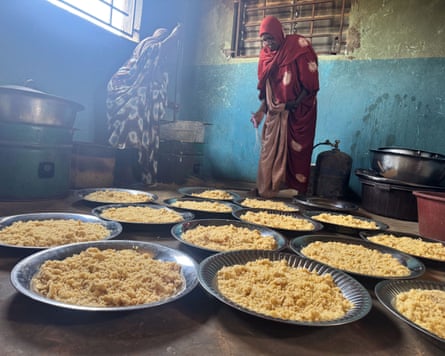
Millions of lives have been upended in the last two decades across the Sahel region – which stretches across a band of countries from the Atlantic Ocean to the Red Sea – due to the actions of terror groups and other violent non-state actors that have proliferated in countries with often weak central governments.
The violence has been fuelled by a multitude of factors, including the instability and availability of ammunition and mercenaries that stemmed from the 2011 Nato invasion of Libya.
In recent years, concern has been mounting within and outside government circles about armed groups extending their reach towards coastal west Africa.
Between January 2021 and October 2023, an average of 26 security incidents each month were attributed to jihadists across Benin, Ghana, Ivory Coast and Togo. In January of this year, militants from the al-Qaida-linked Jama’a Nusrat ul-Islam wa al-Muslimin (JNIM) attacked a military formation in northern Benin, leaving 30 soldiers dead.
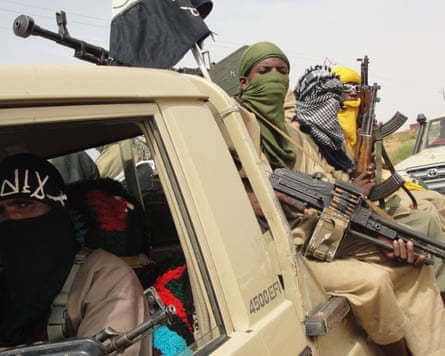
One diplomat in Douala, Cameroon, told the Guardian anonymously that there was intelligence about Islamic State West Africa Province (Iswap) units coming and going across Cameroon’s borders with Nigeria and widening their reach.
“They [jihadists] have built operational capabilities to attack so many military formations,” the diplomat said.
Authorities in Nigeria have raised alarms about new cells popping up in the country’s Middle Belt, while central African analysts warn about a developing partnership between different militias in the so-called “triangle of death”: the area from Mayo-Kebbi Ouest and Logone Oriental in Chad to Cameroon’s North Region and Lim-Pendé in Central African Republic.
Earlier this month the United Nations said about 4 million people were now displaced across the Sahel region, with violence and insecurity driving increasing numbers from their homes.
While 75% of those displaced remain within their own countries, cross-border movements are on the rise, putting pressure on host communities with “scant assistance” available, Abdouraouf Gnon-Konde, UNHCR’s regional director for West and Central Africa, told reporters in Geneva.
A winning approach?
The current counterinsurgency approach is splintered: Burkina Faso, Niger and Mali – which has publicly engaged Russia’s Wagner mercenaries – have coalesced into the Association of Sahel States (AES), issuing passports and collaborating on military strategy.
The trio were previously part of the G5 Sahel, which was dissolved in 2023 after the AES members’ exit, and the Economic Community of West African States (Ecowas), which “activated” a 5,000-troop standby force in March.
“The more these jihadist threats shift southward, the more security measures will need to consider a more effective and truly regional approach to dealing with the issue,” said Afolabi Adekaiyaoja, an Abuja-based analyst and predoctoral researcher at the International Centre for Tax and Development.
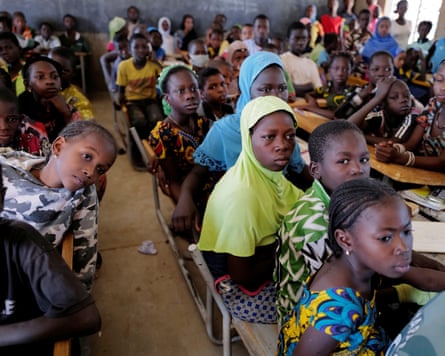
Mauritania, another former member of the G5 Sahel, experienced regular raids and kidnappings in the 2000s. As a conservative Islamic country with huge inequality and vast desert space, it was an archetypal fertile ground for extremists.
“Relative to its population size, no other country in the Sahel and Sahara region produces as many jihadist ideologues and high-ranking terrorist operatives as Mauritania does,” wrote Anouar Boukhars, professor of countering violent extremism and counter-terrorism at the Africa Center for Strategic Studies, National Defense University, in 2016.
But the country, which has had no jihadist attack on its soil since 2011, has been applauded for its counterinsurgency efforts.
“[More than] 10 years ago, they offered those jihadists who want to lay down arms some kind of amnesty and had these [theological] reorientation courses,” said Ulf Laessing, Bamako-based director of the regional Sahel programme at German thinktank Konrad Adenauer Foundation.
“Mauritania also invested in building villages and water supply, unlike Mali where government presence is limited to the capital,” he said. “This wins over locals and ensures cooperation, making it easier to control dangerous elements.”
Investments were made in border security, backed by a multimillion-euro deal with the European Union, which was keen to stem the inflow of migrants.
At custom duty posts, officers use Starlink – a satellite internet constellation – to share real-time intelligence with the army, which launched a camel corps that patrols the desert. Satellite phones are forbidden for civilian communication and authorities have also enlisted the help of villagers in intelligence-gathering.
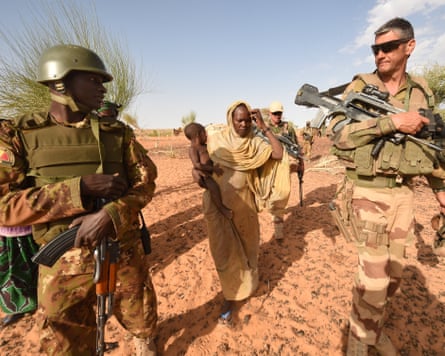
“There are 5–6 million people living in the country and [many] are relatives who all know each other,” said Laessing. “When someone new comes into a village, they immediately call security agencies to report people who don’t belong.”
Beyond the positive outcomes, Mauritania also stands accused of using the same tools of protection for repression.
In August, a Human Rights Watch report accused security officials of violently mistreating refugees and other migrants over the last five years, allegedly subjecting them to rape and electric shocks. Authorities in the capital, Nouakchott, denied the allegations, saying they have improved conditions for holding migrants.
The homecoming
Several thousand miles away, in Ghana, there are whispers about an informal arrangement: armed groups leave the country alone and Accra looks the other way while wounded fighters, food and fuel are transported to and from neighbouring Burkina Faso.
In Algeria and Mauritania, speculation has been rife for years about a similar accord, which some see as another reason why the conflict has not spilled over from neighbouring Mali, which both share long land borders with.
“There are reports of an unofficial deal [that] if fighters visit Mauritania to see their families, they don’t carry or use weapons and don’t carry out attacks until they return to Mali,” said Laessing.
In 2011, the United States claimed to have found documents in the Pakistani compound where former al-Qaida leader Osama bin Laden was killed mentioning an attempted rapprochement between the group and Nouakchott. The Mauritanian government continues to deny the existence of any such deal.
At Mbera, only a few miles from the last documented insurgent attack in Mauritania, refugees prefer not to discuss the violent past or the conflict’s present dynamics.
Their focus is on a future that remains uncertain, much like the fate of missing men including Amina’s husband.
“We just want to go home,” she said.

.png) 1 month ago
43
1 month ago
43
